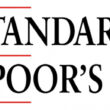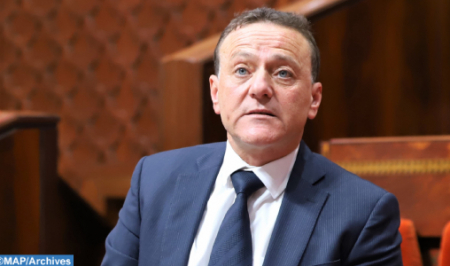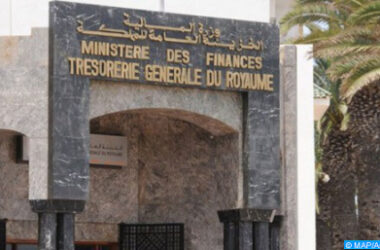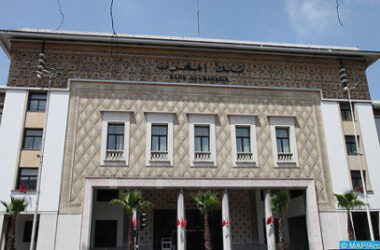During a working meeting on the sidelines of the 12th session of the Morocco-Spain High Level Meeting (HLM), the Minister of Transport and Logistics Mohamed Abdeljalil and the Spanish Minister of Transport, Mobility and Urban Agenda Raquel Sánchez Jiménez have focused on cooperation in terms of governance of the sector, railway infrastructure, training and qualification of human resources.
Morocco is committed to a dynamic development of a “very interesting” railway plan, Sánchez Jiménez told the press, describing as wise and positive for both countries to collaborate in the railway field.
The official noted that Spain has accumulated experience in recent years in rail infrastructure, through the public companies RENFE and ADIF, and through private companies.
Likewise, both sides have discussed various issues related to international road transport, including ways to improve the licensing regimes, she noted, noting that they have agreed to continue working in the joint group established for this purpose.
Sánchez Jiménez, accompanied by the Secretary of State for Transport, Isabel Pardo De Vera, said that the focus was on ways to improve the transit operation of the Strait of Gibraltar, to make it easier from an operational point of view.
For his part, Abdeljalil said that this meeting will give new impetus to exchanges and joint work in the field of rail transport in particular, noting that Morocco is driven by a strong desire to cover its territory of more lines.
In this regard, “we decided to work together to take advantage of the experience of Spain and give a strong impetus to this project,” he added.
These talks were an opportunity to discuss strategic issues for both countries, which are committed to work for the implementation of the Memorandum of Understanding (MoU) whose signing is scheduled in the context of the 12th session of the Morocco-Spain HLM.
This MoU aims to consolidate the cooperation of both parties in the field of transport, through the exchange of best practices in rail innovation, exchange of data on ships via the automatic identification system, exchange of operating procedures in the maritime field and the use of satellite navigation.










